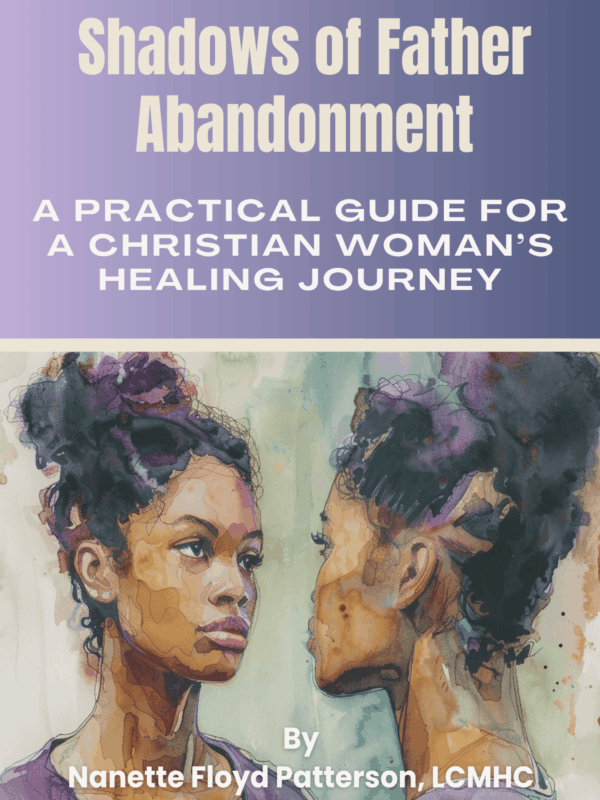
We’re approaching the season where loneliness increases. When it comes to issues of loneliness, it’s really important to understand the root cause of loneliness in order to overcome it. I have identified at least 7, and I refer to them as the “7 Shadows of Loneliness.” Each of these shadows covers a different part of life where loneliness can hide and affect people.
By exploring these seven distinct areas – Life Transitions, Digital Over-reliance, Spiritual Connection, Relationship Issues, Personal Belief & Self-Perception, Health & Well-being, and Societal & Environmental Factors – we can process and overcome more effectively, and uniquely based on who we are. Understanding them and knowing which one we can relate to helps us to not only address the symptoms of loneliness but also to understand its deeper roots and search and implement a more holistic, Christ-centered approach.
I’m going to explore these ‘7 Shadows of Loneliness’ more in a blogging series but first allow me to introduce them now.
1. Life Transitions – Life is a journey full of changes, some exhilarating and others more challenging. Major life events like relocating, experiencing loss, retiring, or seeing children grow up and leave home can profoundly impact us. These transitions, while natural, can bring about a sense of disconnection from what was once familiar. In these times, it’s crucial to lean on our faith, trusting that God’s presence remains constant even as our earthly circumstances change.
2. Relationship Issues– Relationships can be complex and sometimes bring pain alongside joy. The end of a relationship, feeling misunderstood within a relationship, or struggling to rebuild trust can lead to a deep sense of loneliness. In these moments, we can find solace in our faith, which offers us a path to healing and understanding, guiding us through these relational challenges.
3. Digital Over-Reliance – In today’s world, it’s easy to become overly dependent on digital interactions, which can overshadow real-life connections. This over-reliance on the virtual world can inadvertently foster feelings of isolation. It’s important to remember that true, fulfilling connections are found in genuine, face-to-face interactions, not just through digital exchanges.
4. Personal Beliefs & Self-Perception – Struggling with low self-esteem or negative self-perception can lead to a sense of isolation. However, it’s essential to counter these feelings with the truth of our inherent worth, as we are all fearfully and wonderfully made by God. Embracing this truth can help us overcome these internal shadows of doubt.
5. Health & Mental Well-being – Challenges with physical or mental health can create barriers to social interaction, leading to loneliness. It’s in these times of struggle that we can find strength in God’s promise to be close to the brokenhearted, reminding us to seek His comfort and the support of caring individuals around us.
6. Societal & Environmental Factors – The fast pace of modern life, societal pressures, and environmental changes can contribute to a sense of disconnection. Finding a community that shares our values and reflects Christ’s love can help us navigate these external challenges with grace and resilience.
7. Spiritual Disconnect- Feeling distant from God can be one of the most profound experiences of loneliness. However, these moments are not indicative of God’s absence but rather an invitation to seek Him more deeply. In the quiet, we can find His gentle guidance, drawing us back to a place of worship and fellowship.
As we explore these seven shadows in my upcoming series, let’s remember that they are not insurmountable. With faith as our compass, we can navigate through these challenges, finding hope and connection on the other side.
I have created an online assessment that will only take a few minutes if you want to get an idea of the root cause of your loneliness. You can take it here.






